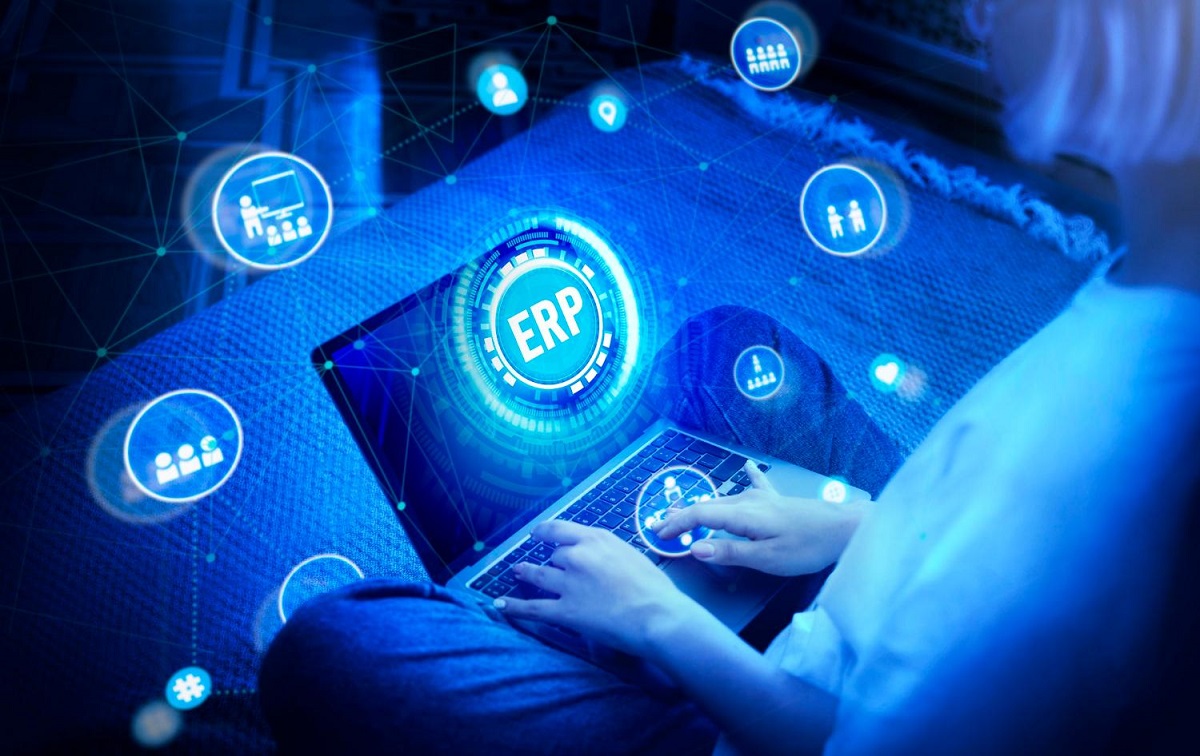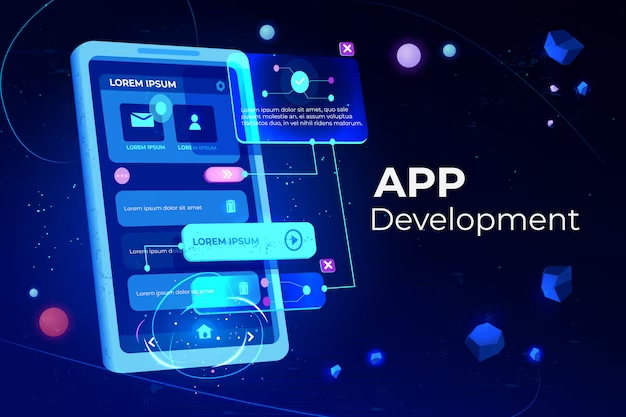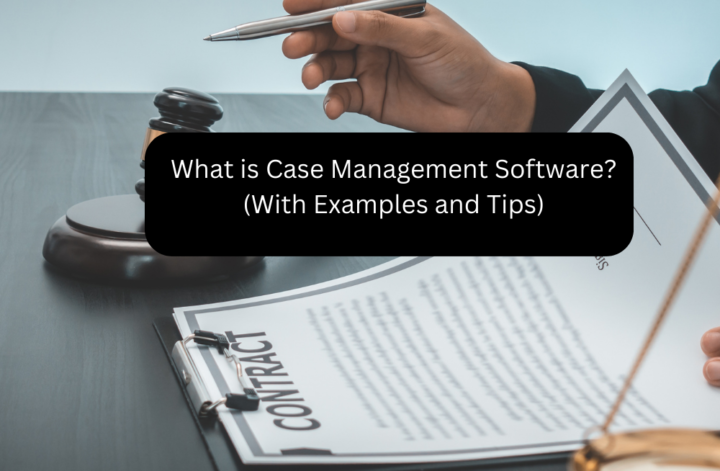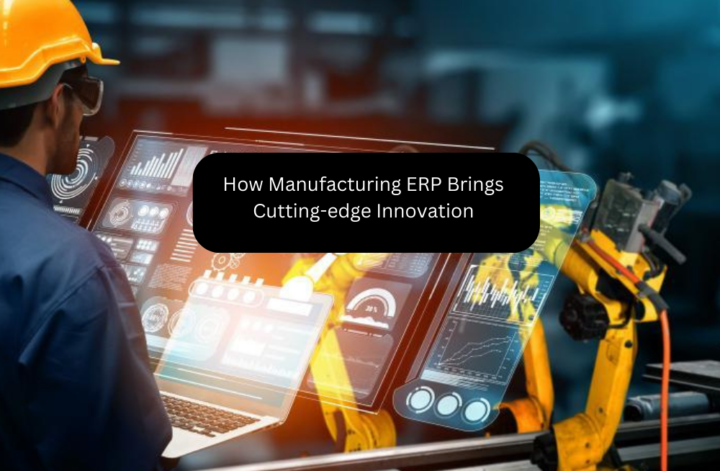ERP is considered by many to be a software category in decline. It’s easy to see why. The traditional ERP business model – selling expensive, on-premises software packages that take years to implement – is being disrupted by the rise of cloud-based alternatives that are more agile and offer a lower total cost of ownership.
As the world of enterprise resource planning (ERP) software continues to evolve, it’s essential to stay up-to-date on the latest trends and developments. In today’s blog post, we’ll share five predictions for the future of ERP software. Let us see them here.
Increased focus on the user experience
The user experience is becoming increasingly crucial in ERP software. In the past, ERP systems were complex and challenging to use, leading to frustration from users. ERP vendors now realise that a good user experience is essential for success. We predict that there will be a greater focus on the user experience.
There are a few reasons why the user experience is so important. First of all, it’s essential for productivity. If users can’t rectify how to implement your ERP system, they will not be very productive. A good user experience can lead to higher customer satisfaction. Customers who are happy with your product are more likely to continue using it.
It’s also worth noting that the user experience is becoming more critical in the business world. With the rise of consumerization, employees expect their business software to be as easy to use as the consumer apps they use in their personal lives.
More mobile-friendly ERP solutions
As more people use their mobile phones and tablets for work, it’s becoming clear that mobile-friendly ERP solutions are essential. Mobile ERP allows users to access their data and applications from anywhere, which can be a significant productivity booster. We predict that more ERP vendors will start to offer mobile-friendly solutions in the future.
As AI becomes more sophisticated, we predict ERP vendors will start incorporating AI features into their software. AI can be used to execute tasks including automatic data entry, predictive analytics, and identifying trends. This can help users save time and improve decision-making.
Greater integration with artificial intelligence
Artificial intelligence is starting to play a significant role in the world of ERP. AI-powered ERP systems can help businesses automate tasks, improve decision-making, and boost productivity. We predict that AI will become even more critical in the ERP world in the future.
ERP systems that integrate with AI will become more popular, and businesses will increasingly turn to AI-powered ERP solutions to help them run their operations.
The rise of cloud-based ERP systems
Cloud-based ERP systems are becoming more popular as businesses look for ways to improve flexibility and reduce IT costs. Cloud-based ERP allows businesses to access their data and applications from any location, which can be a significant advantage. We predict that more companies will use cloud-based ERP systems in the future.
We also predict that ERP systems will become more user-friendly. Vendors will work to make their products more user-friendly as businesses demand more from their ERP software. This will make it easier for organisations to get the most out of their ERP systems and increase adoption rates.
Another trend we see happening is the rise of mobile ERP. As more people use their smartphones and tablets for work, they will expect to be able to access their ERP data and applications from these devices. This will require vendors to make their products more mobile-friendly.
Finally, we predict that the future of ERP will be more open and flexible. Businesses will want to be able to integrate their ERP systems with other software and applications. This trend has already begun, and we expect it to continue in the future.
These are just a few of the trends we see happening in the world of ERP software. As businesses demand more from their ERP systems, vendors will need to rise to the challenge and provide products that meet these demands.
A shift towards subscription-based
ERP software is traditionally sold as a one-time licence, but we predict that this will start to change in the future. ERP vendors must offer flexible pricing options as businesses move towards subscription-based models. We expect to see a shift towards subscription-based ERP software in the future.
We predict that ERP software will become more intelligent in the future. Through Artificial Intelligence and Machine Learning, ERP systems will be able to handle tasks that previously required human intervention automatically. This will make ERP systems more efficient and effective and allow users to focus on other tasks.
We also predict that ERP software will become more mobile-friendly in the future. Since the majority of people use their smartphones and tablets, ERP vendors will need to offer mobile apps and responsive web designs to meet the demand.
ERP systems will also need to be able to integrate with a variety of other software applications in the future. Through application programming interfaces (APIs), ERP systems will be able to exchange data with other applications, making it possible to create a seamless workflow.
Benefits of an ERP
An enterprise resource planning (ERP) system can offer many benefits for businesses, including the following:
Increased efficiency: An ERP system can help businesses automate tasks and processes, leading to increased efficiency and productivity.
Improved decision-making: With an ERP system in place, businesses will have access to real-time data to make more informed decisions.
Improved customer service: An ERP system can help businesses keep track of customer orders and inventory levels, leading to improved customer service.
Reduced costs: An ERP system can help businesses streamline their operations, reducing prices.
Improved visibility: An ERP system can provide businesses with increased visibility into their operations, which can help them identify areas for improvement.
Flexibility: An ERP system can be customised to meet the specific needs of a business, which can lead to increased flexibility.
ERP systems can offer many benefits for businesses, but choosing the right system for your specific needs is important. Not all ERP systems are equal, and it’s essential to find one that will fit well with your existing processes and infrastructure. An experienced ERP consultant can help you assess your needs and choose the right system for your business.
Conclusion
ERP software is constantly evolving, and the future looks bright for this essential business tool. Considering 5 predictions for the future of ERP software, we can expect even more powerful and user-friendly systems to make managing a business easier.
Author Bio:-
Deepali Daiya is a communication expert who excels in understanding customer needs. She writes powerful sales scripts and articles with very high conversion rates. Currently, she is associated with Sage Software Solutions, a leading distributor of high-quality ERP and CRM systems to small and mid-sized businesses in India.
Twitter Profile:- https://twitter.com/2021Deepali




